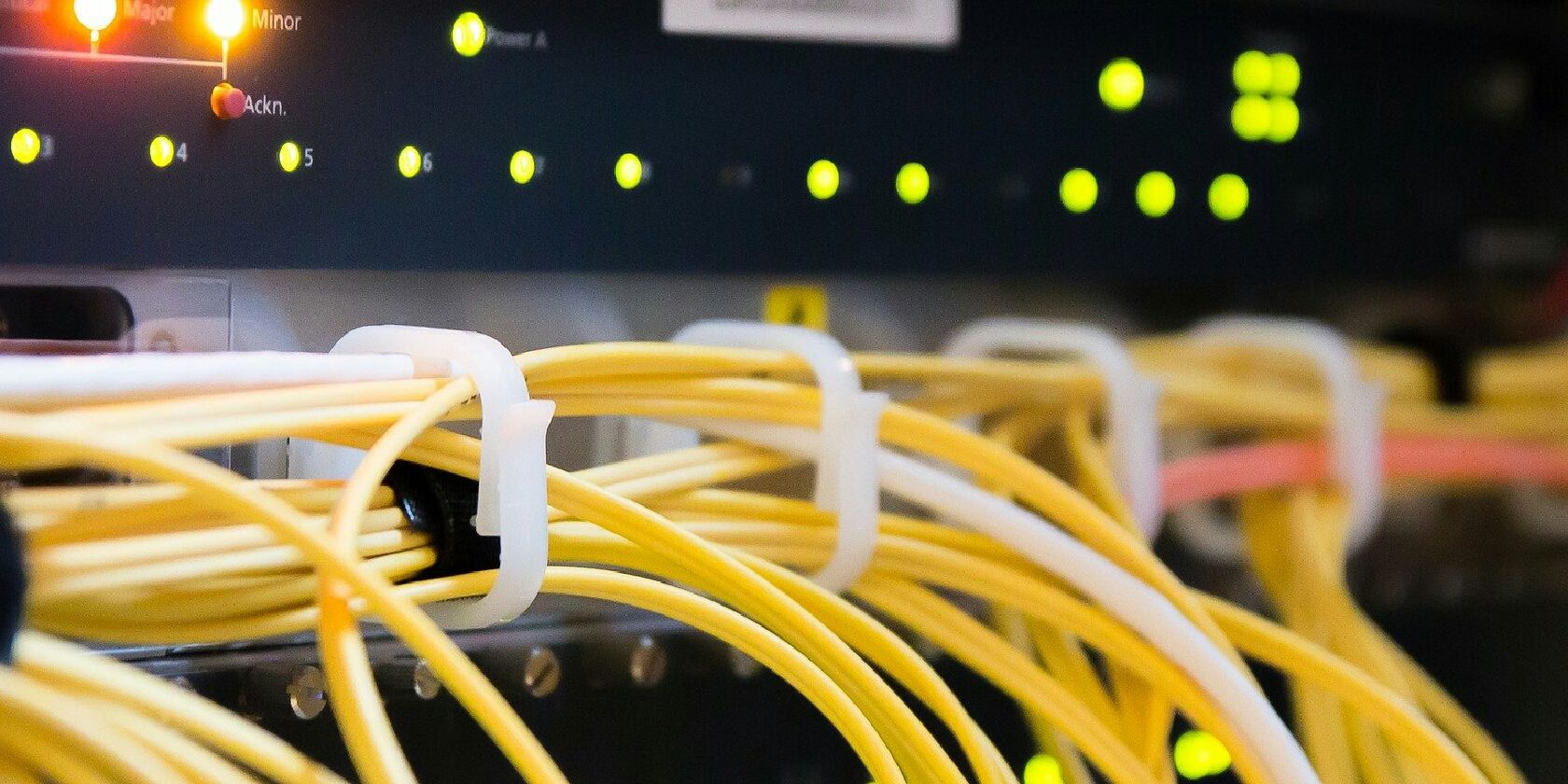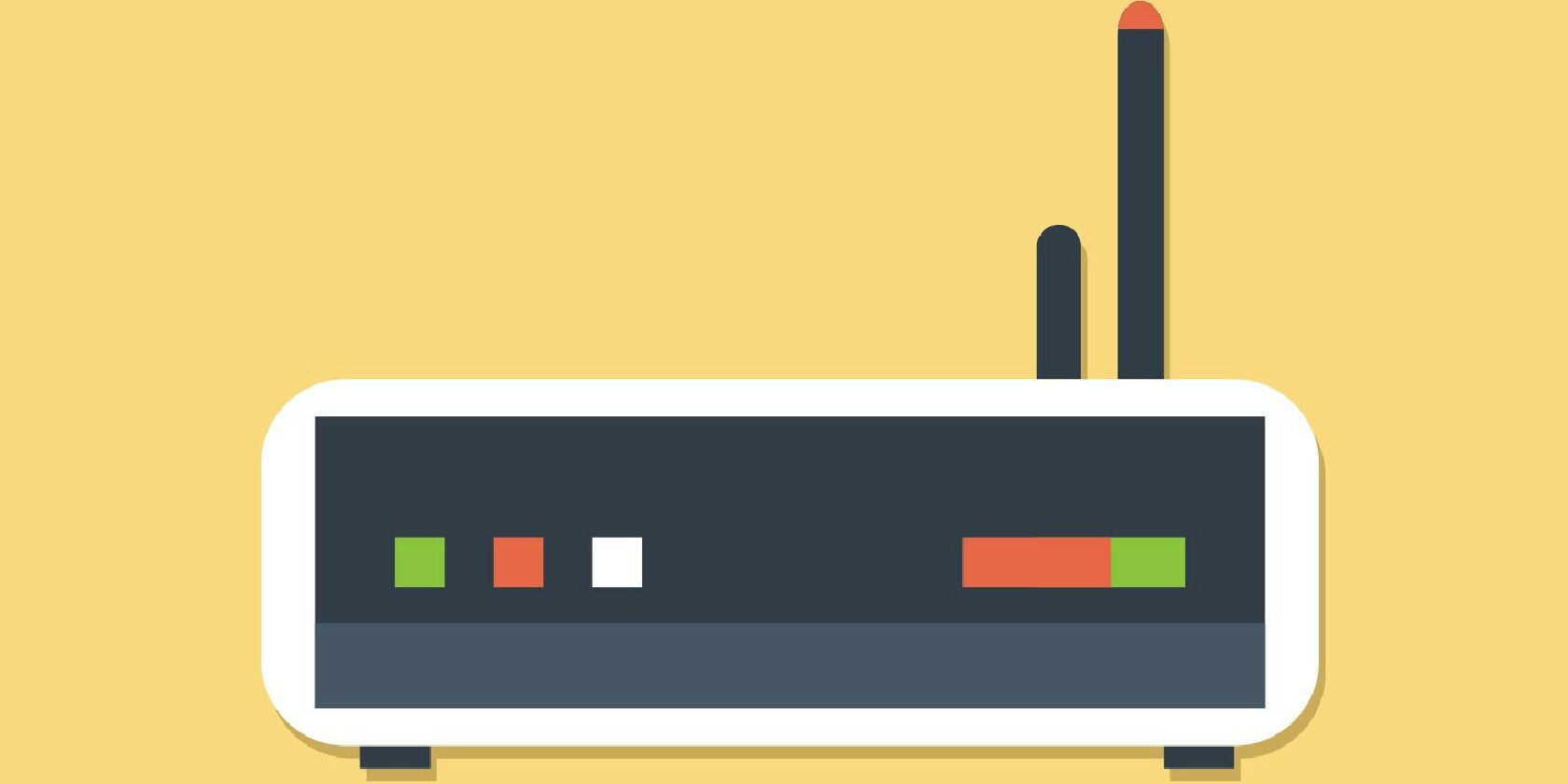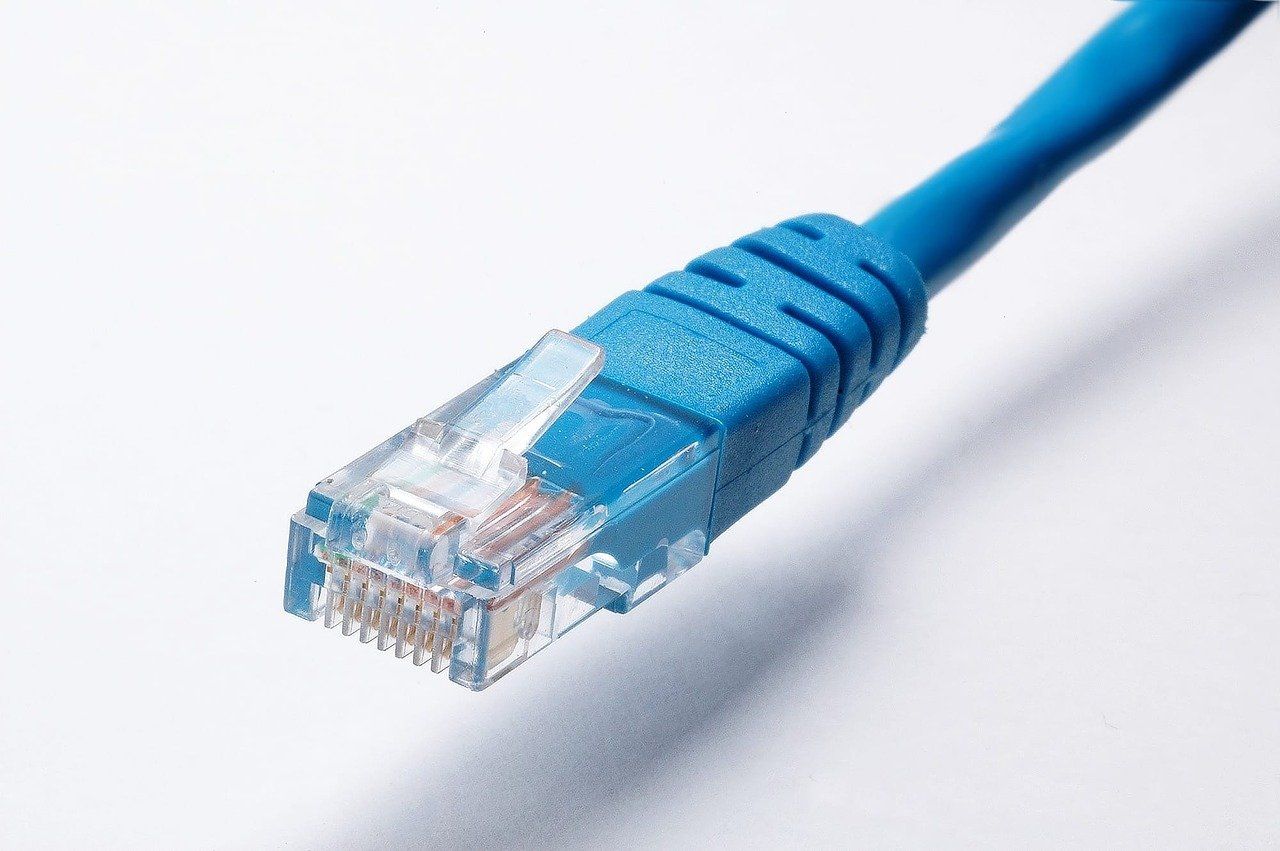Few activities are as frustrating as browsing the internet with a slow connection, particularly if you're paying extra for what is supposed to be a fast service.
If you're using Wi-Fi, switching to wired can gain a certain amount of speed. However, if this doesn't speed things up, it will often be necessary to take more drastic action.
So why is your internet slow, and how can you increase your internet speed?
Why Is Your Internet Slow?
The performance of an internet connection depends on a variety of factors.
- Your choice of internet provider is arguably the biggest factor. Available speeds vary widely. There is also a difference between advertised speeds and what you actually get.
- Internet is now available using fiber-optic lines and satellites. Each technology has its pros and cons. A performance boost can sometimes be gained by switching technology without switching providers.
- Where you live is an important factor in determining potential internet speeds. The availability of both providers and technology depends on location. The distance that data has to travel is also relevant.
How to Test Your Internet Speed
The easiest way to check your current internet speed is to visit a website such as Speedtest. This will allow you to test both speed and latency.
Download speed refers to the amount of data that can be downloaded in a single second. It is particularly important for streaming and/or downloading large files.
Latency refers to the amount of time it takes for a data packet to travel to and from a server. Latency is important because the higher the latency, the longer you'll have to wait for a website to respond. Latency is particularly important for gaming.
8 Tricks for Increasing Internet Speed
If your internet is slower than you'd like, there are several steps that you can take to speed things up.
1. Change Your Provider
If your internet provider is sending you a weak signal, there's not much that you can do on your end to fix the problem.
If the speed is slower than advertised, it's worth contacting them to see if there's a problem that they can fix. If you have a data limit and you've exceeded it, it's also possible that your current speeds are being throttled. This can be fixed by simply buying more data.
Otherwise, it's recommended to switch to a new provider. Depending on where you live, there's no shortage of options.
2. Consider Satellite Internet
Satellite internet used to be notoriously slow. However, this has recently changed with the advent of Starlink in many parts of the United States.
While the service isn't expected to be completed for many years, beta users report that it offers excellent speed and latency.
If you live in an area with limited internet options, it's likely to be the fastest connection available to you. SpaceX charges a $499 equipment fee, but after that, it's priced at $99 per month with unlimited data.
3. Check What Programs Are Running
If your internet is slower than expected, it's possible that something is using it without your knowledge.
- Check what programs are running on your computer and disable anything you don't need.
- Disable automatic updates and download updates yourself instead.
- Run an antivirus program to rule out malware.
- Check what your other devices are doing. Other computers, phones, and even smart devices can all contribute to using up your bandwidth.
4. Replace Your Router
Depending on the quality of your existing router, it may be possible to get a speed boost by replacing it. A cheap router can easily slow things down because it may not have sufficient processing power to handle the amount of data that's going through it.
You don't necessarily need to buy an expensive router. But you do need a router with a fast processor and at least 256MB of RAM.
5. Optimize Your Router
Regardless of what type of router you are using, regular reboots are recommended. Regular reboots wipe the cache and may increase speed. You can also set some routers to reboot automatically once per day.
All routers have software and firmware installed to keep them running efficiently. This should be kept updated.
6. Don't Use Powerline Adapters
If you're using a powerline adapter, you may want to reconsider. The performance of the powerline depends entirely on the quality of your home's electrical wiring.
If your wiring isn't optimal, it's possible that it's causing a delay in data reaching your device. For optimal performance, you should connect directly to the signal source.
7. Replace Your Ethernet Cable
Wi-Fi signals can be weakened by obstacles in your home. If you want the fastest speeds, you need to skip Wi-Fi and connect directly to your router using an Ethernet cable.
Some ethernet cables, however, can also slow you down. They are available in different categories with higher numbers allowing higher speeds. You should be using a cable that's rated at least Cat5e. These can handle speeds of up to 1Gbps, typically enough for most home networks.
8. Change Your DNS Settings
DNS stands for Domain Name System. The DNS server is responsible for taking a domain name from your browser and converting it to the IP address where the requested website is actually stored.
DNS settings have no effect on download speeds. But using a different DNS server can potentially improve your latency because some DNS servers, particularly those provided by popular internet providers, are overloaded.
This article explains how to change your DNS settings on a range of different devices.
The Importance of Choosing the Right Internet Service Provider
It's important to note that if slow internet is caused by your provider, nothing short of changing provider will fix the issue. All other steps are dependent on a strong signal being received in the first place.
The fastest internet services typically use fiber-optic lines. But now that Starlink is available, a satellite connection is also well worth considering.




